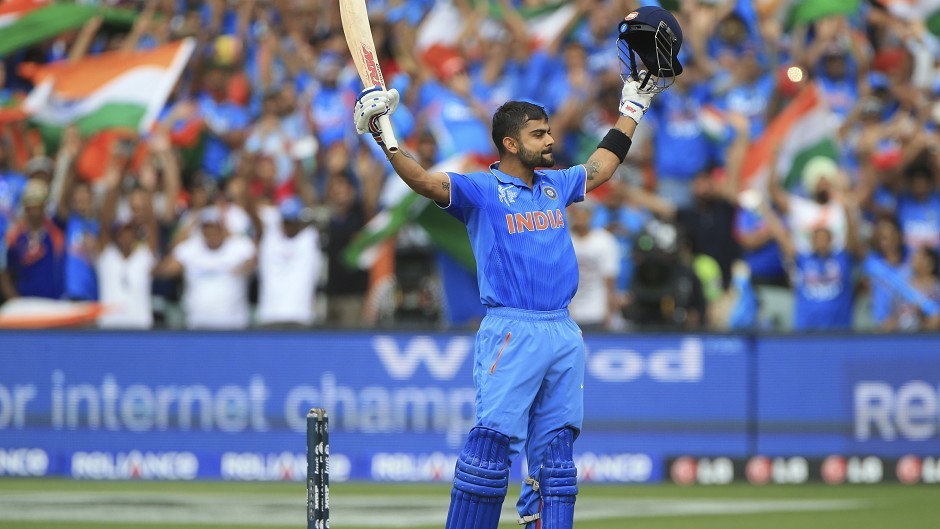No sport has a monopoly on stupidity, but cricket too often punches above its weight when it comes to creating unbridled farce.
The scenes at the end of Sunday’s World Cup contest between India and Pakistan might have served as a microcosm of the whole tournament. There was rain – again – and there was recourse to the dreaded Duckworth Lewis Stern method, whose complexities would have taxed the mind of Stephen Hawking.
And there was the absurd information that Pakistan, on the ropes and heading for the canvas, required 136 to win from five overs. Yes, you read that right. The match was finished in everything but name and yet the participants were forced to go through the motions amid the chilly gloom at Old Trafford.
Thus far, the competition has proved all too predictable, with close matches in scant supply. We’ve already seen more fixtures affected and/or abandoned by the weather than in any previous World Cup and the forecast is scarcely any better for the next few days.
Worse still, barring the sort of Hollywood-style back-from-the-dead plotlines beloved of Rocky movies and the Mission Impossible franchise, four of the 10 participating teams are out of contention for the semi-finals.
It’s goodbye to South Africa, Afghanistan, Sri Lanka and Pakistan, with Bangladesh and the West Indies struggling to generate momentum, both through their inconsistency and the cumulative impact of the rain.
In contrast, although few people gave them a second glance at the start of proceedings, New Zealand remain unbeaten and it would be a brave tipster who bet against England, India and Australia joining them for the climactic stages of the competition.
And yet, such is the ridiculous nature of this World Cup that the round-robin format will drag on until Saturday, July 6 – almost three weeks away – when Sri Lanka meet India in what is likely to be a rubber as dead as Monty Python’s famous parrot.
All the potential pitfalls of reducing the number of combatants, but increasing the number of games, were highlighted to the ICC long before a ball had been bowled. But the ineptitude of the authorities in failing to arrange reserve days, given the vagaries of the British climate, has been truly spectacular.
The governing body was still in full denial mode last week as it tried and failed to respond to mounting criticism of the tournament. But their protestations about the logistical problems involved in setting aside days for weather-blighted tussles missed the point altogether.
The reality is that the ICC panjandrums have been the architects of their own difficulties. They should have devised a two-group structure with 12 or even 14 teams to encourage the development of cricket, and that would have meant the participants playing five or six matches, as the prelude to the semis.
Instead, though, driven by the Big Three – India, England and Australia – they established an event which has been bedevilled by a litany of woes.
To be fair, they can’t have imagined the heavens would cause so much grief. Nor would they have envisaged that Afghanistan’s challenge would so quickly crumble to dust, or that the South Africans would crash out of contention with their weakest squad since they returned from the apartheid wilderness.
But Sunday’s action was revelatory. It’s estimated there were more than a billion TV viewers for the Asian clash, but most of them were silenced by the fashion in which India maintained their stranglehold. Yes, there were heroics from Rohit Sharma and Virat Kohli, but it all felt perfunctory and prosaic. The victors have made a habit of dashing Pakistan hopes throughout the history of this event and there was never any indication that state of affairs might change in Manchester.
It’s almost a month until the final at Lord’s on July 14. Hopefully, once the post-mortems commence, a few people will put their hands up and admit they made mistakes and ensure it doesn’t happen again.
But don’t hold your breath!
